
Taking a page out of U.S. Biodefense practices may be the first step in preparing for future infectious disease outbreaks.


Taking a page out of U.S. Biodefense practices may be the first step in preparing for future infectious disease outbreaks.
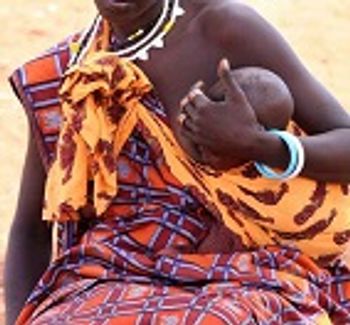
A recent case study adds to a small, but disturbing collection of reports describing the transmission of Ebola virus from mother to child through breastfeeding.
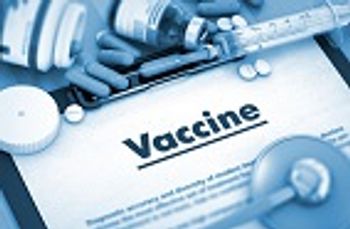
Recent Ebola-linked deaths in Guinea caused the World Health Organization (WHO) Guinea office to implement a “ring vaccination” strategy in which it administered an experimental Ebola vaccine on 800 of 1000 suspected cases, including 182 suspected at high-risk.
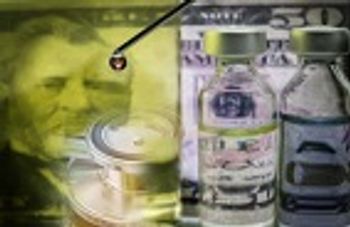
The Obama administration recently announced plans to shift nearly $600 million in funds designated to battle the Ebola epidemic toward the fight against Zika.
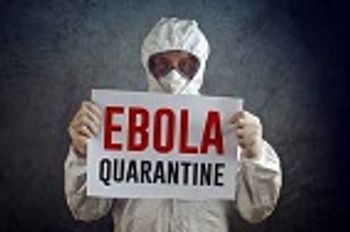
A Guinea child who was previously diagnosed with Ebola has succumbed to death and another Koropara civilian died after traveling to a neighboring village.
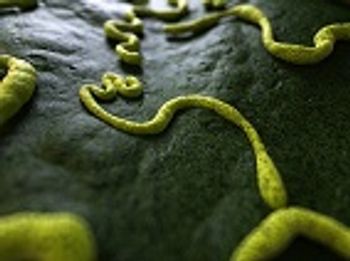
After three unexplained deaths in Koropara, a small village in southern Guinea, WHO diagnosed two individuals with Ebola.

Two investigational vaccines showed promise to protect against Ebola virus disease, according to data from the phase 2 Partnership for Research on Ebola Vaccines in Liberia (PREVAIL 1) trial.
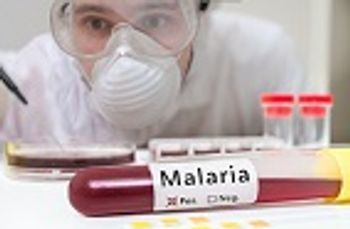
Researchers from the National Institutes of Health found that PCR-based testing is the most effective diagnostic test to assist with case-patient management during Ebola virus outbreaks in malaria-endemic areas.

Current epidemic response procedures may change due to the finding that the Ebola virus can persist in wastewater longer than previously believed.

Research has shown that Ebola virus disease (EVD) not only has the power to survive on plastic surfaces and spread through sexual transmission, the disease has also proven to last in another place.

The US Department of Health and Human Services (HHS) plans to spend $2.7 billion in emergency funds to counter the spread of Ebola. Spending categories range from over a half billion dollars for international projects to a half million dollars for regulatory work that includes monitoring for fraudulent Ebola products.

Now that the two American patients infected with Ebola have arrived safely in Atlanta, the US Centers for Disease Control and Prevention has released more information about ZMapp, the experimental medication the patients were treated with before being flown back to the US.

While hundreds of people have died in Africa from the latest outbreak of the Ebola virus, two infected Americans appear to be recovering after receiving doses of an experimental serum that has never been tested in human subjects